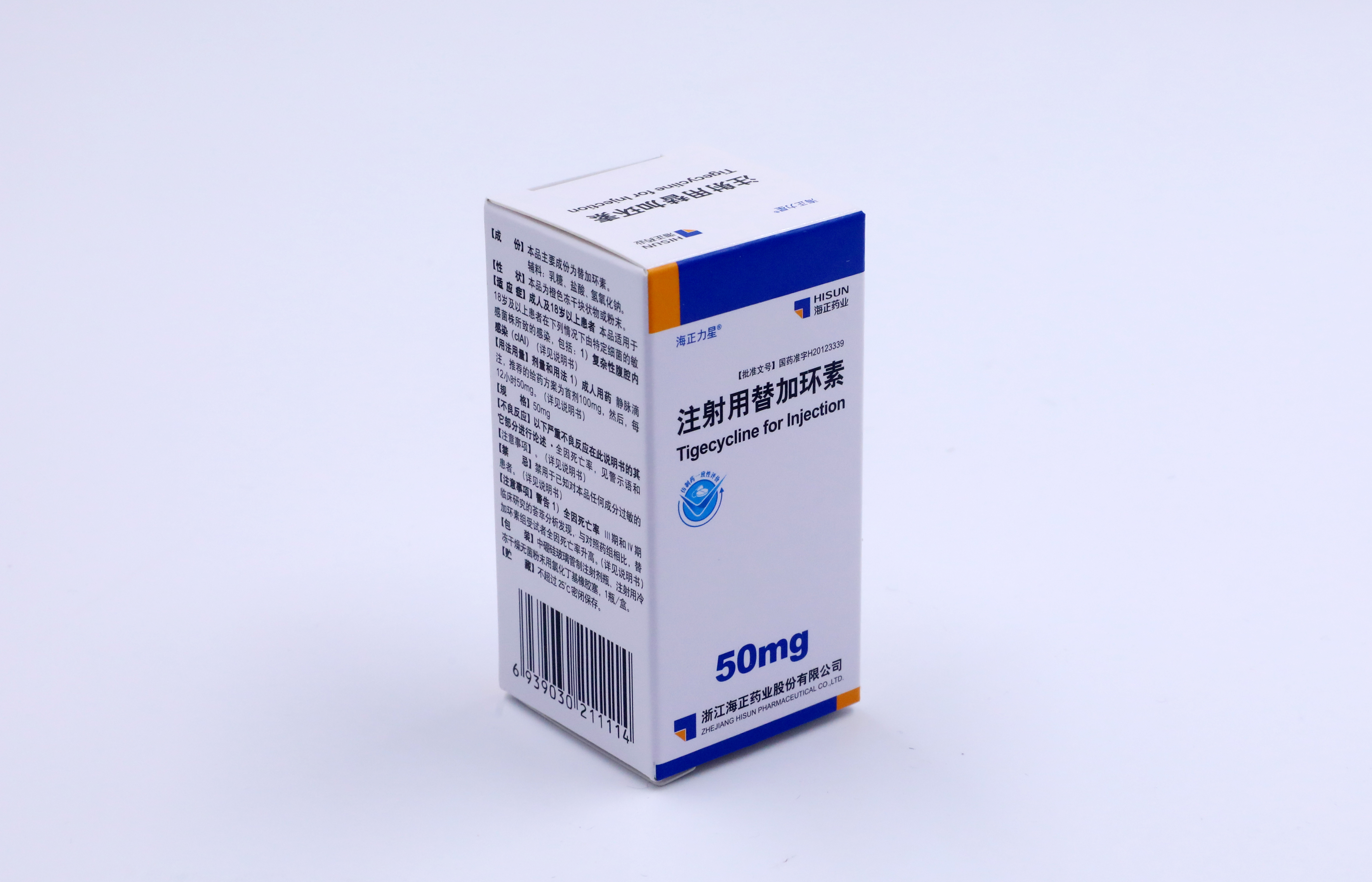-

vancomycin hydrochloride for injection (0.5g)
this product is suitable for the treatment of methicillin-resistant staphylococcus aureus cause serious or fatal infections. patients allergic to penicillin and other antibiotics cannot be used include penicillin, cephalosporins, or ineffective treatment of patients infected with staphylococci and enterococci, and vancomycin-sensitive infections caused by bacteria, the product is applicable. when the suspected infection is methicillin-resistant staphylococcus aureus having a resistance caused by vancomycin as initial treatment, but susceptibility testing with the results, treatment should make the appropriate adjustments.
it caused the fda to treat staphylococcal endocarditis good effect. other infections due to staphylococci, including septicemia, bone infections, lower respiratory tract infections, skin and skin structure infections are also effective. when local purulent staphylococcus infection, when antibiotics should be drainage of pus.
the fda alone or with aminoglycoside therapy endocarditis caused by streptococcus viridans, effects is good.
there are reports that there enterococcus (e.g. streptococcus faecalis) endocarditis caused the fda and the need to aminoglycoside side curative.
diphtheroids endocarditis caused by vancomycin therapy.
vancomycin and rifampin, aminoglycosides , or both together and with the initial phases of implantation of prosthetic valve endocarditis class or staphylococcus epidermidis diphtheria caused by the good results.
required for bacterial culture to isolate and identify pathogens and measure the sensitivity of this product.
the american heart association recommends that medical and dental suffering from congenital heart disease, rheumatic fever or acquired valvular heart disease, and in patients with penicillin allergy, respiratory tract during surgery or dental procedures on using this proposal to prevent bacterial endocarditis. however, there are no controlled studies of the clinical efficacy.
-

tigecycline for injection (50mg)
this product is suitable for patients over 18 years old have the sensitive strains caused by specific bacterial infections in the following cases:
with complicated intra-abdominal infections : from citrobacter freundii , enterobacter cloacae , escherichia coli, klebsiella oxytoca , klebsiella pneumoniae , enterococcus faecalis ( vancomycin- susceptible strains only ) , staphylococcus aureus ( methicillin-sensitive strains and methicillin resistant strains ) , streptococcus anginosus ( including buccal pharyngeal inflammation streptococcus , streptococcus and constellations intermediate streptococcus ) , bacteroides fragilis , bacteroides pleomorphic , simplex bacteroides , bacteroides ordinary , clostridium perfringens and peptostreptococcus caused by tiny .
complicated skin and soft tissue infections : there are escherichia coli , enterococci ( vancomycin- susceptible strains ) , staphylococcus aureus ( methicillin-sensitive strains and methicillin resistant strains ) , streptococcus agalactiae , anginosus chain bacteria ( including streptococcus anginosus , streptococcus and constellations intermediate streptococcus ) , streptococcus pyogenes , enterobacter cloacae , klebsiella pneumoniae , and bacteroides fragilis were caused
community-acquired pneumonia: streptococcus pneumoniae (penicillin- susceptible strains), haemophilus influenzae (within β- lactamase negative isolates), and legionella pneumophila bacteria and other disease caused by, including concurrent bacteremia.
in order to isolate, identify pathogens and their sensitivity to clear tigecycline should specimen’s suitable specimens for bacteriological testing. before these results are not yet known, this product can be used as an empiric immunotherapy.
in order to reduce the appearance of drug-resistant bacteria and maintain the effectiveness of the goods and other antibacterial drugs, this product should be used only for the treatment of confirmed or highly suspected bacterial infections caused. once informed of culture and sensitivity test results, should be selected or adjusted according to the antibiotic therapy. in the absence of such information, the choice of empirical therapy based on local epidemiology and susceptibility patterns.
only known and suspected use of other antimicrobial agents which not allowed by fda.